If our energy bills rise the way some analysts are predicting, the Green movement will face a new political foe in the Purple movement.
That’ll be the colour our faces have turned with anger once we discover that instead of our predicted demise from global warming, our fate might be freezing to death because we can’t heat our homes.
It’s three years since Greta Thunberg railed against world leaders at the United Nations, accusing them of ‘stealing her dreams and her childhood with empty promises’ on climate change.
Her anger at the political classes, who have historically failed to address the issue of how to phase out fossil fuels and replace them with clean and cheap alternative sources, was palpable.
And like the Greens, the rest of us want to save the planet.
But there’s major disagreement over how quickly we can and should make the necessary changes.
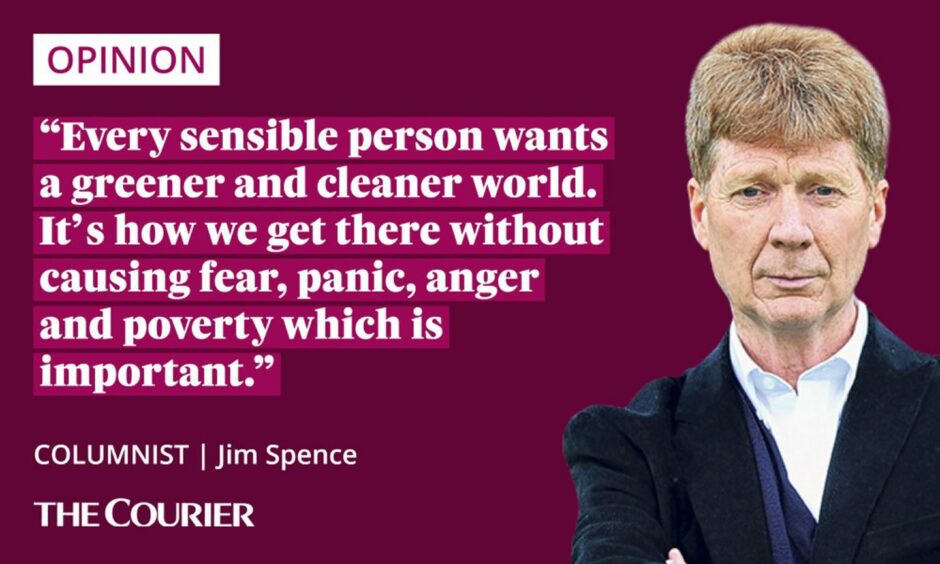
In the UK our gas and electricity prices are soaring, in no small part because of the rising cost of imports.
Millions are wondering how the government will help them – while also asking how we can adjust away from traditional energy sources to those which don’t yet and might never meet our needs.
If we face a grim winter and end up shivering under blankets, unable to pay our bills, and if power cuts kick in, we can thank those weak politicians past and present who forgot that the job of adults is to make tough choices.
And among those choices is to find a middle way between the strident demands of climate campaigners and the needs of the wider population.
Net zero or people zero?
It sometimes seems that in their obsessive desire for rapid transition to Net Zero some climate crusaders wouldn’t mind if the outcome was more People Zero.
We should surely be conducting a properly planned move away from fossil fuels at a sensible speed.
But we should be embracing a gradualist approach in energy policy, as opposed to demands for immediate green gratification which would plunge us into Dickensian poverty.
Politicians have been too mealy mouthed in the face of tantrums thrown by the Green brigade and the Extinction Rebellion battalions when their demands haven’t been instantly met.
Our political classes have bent over backwards to accommodate those on the fringes whose clamour for immediate change would threaten millions of us with energy and food poverty.
These regressive reactionaries would lead us back to a time when life was hellishly hungry and constantly cold for the majority of working people.
Some sense might be being ushered in with suggestions that UK coal-fired power plants might stay open this winter to provide back-up electricity.
And Germany, which once boasted of its green credentials, has passed emergency laws to restore its mothballed coal-fired plants.
In the face of gas shortages their folly and green hypocrisy in over-relying on imported gas from Russia is now clear.
The nuclear option…
We also need a grown up conversation about nuclear power.
Rolls-Royce has been designing small modular reactors which potentially offer reliable power, unlike wind or solar, and which wouldn’t leave us at the mercy of foreign energy supply or fluctuating fuel prices.
The Chernobyl disaster was 36 years ago and public mistrust is still an issue.
However, some scientists argue that modern nuclear reactors are not only very safe, but also much less polluting than damage from oil and gas.
China, Canada, France, and the US are all investing in nuclear.
Perhaps the UK should also be expanding the number of new plants under construction.
Like most folk, I find the tales I’ve heard about fracking very worrying.
But instead of knee jerk panic I’d like a proper, informed debate on the matter so we can decide if it has any merit.
Meantime, it shouldn’t be lost on us that we’re importing fracked gas from the US while virtue signalling on the issue here at home.
Energy and climate change and the big polluters
In Scotland and the UK our impact on global warming will be negligible, no matter how green we become, because enormous countries like China and India are continuing to pollute the atmosphere.
Some in the wider Green movement have tried to frighten people into change with apocalyptic predictions and direct action.
But people aren’t against trying to save the planet.
Every sensible person wants a greener and cleaner world.
It’s how we get there without causing fear, panic, anger and poverty which is important.
People want a future free from unchecked climate degradation and danger. But jettisoning all reliance on hydro carbons can’t be achieved overnight.
The reality is, we have no immediate suitable substitutes for fossil fuels.
And the financial costs of moving away from them too suddenly are suddenly becoming all too clear.
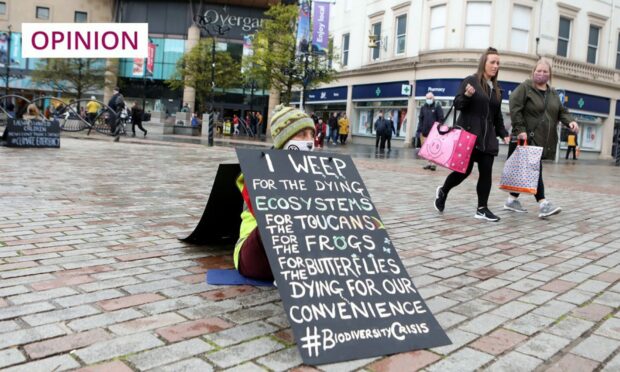
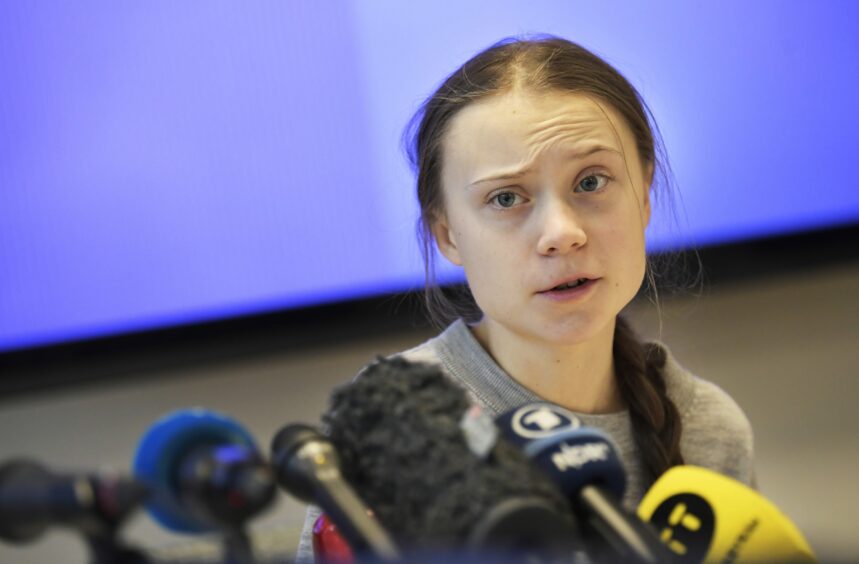
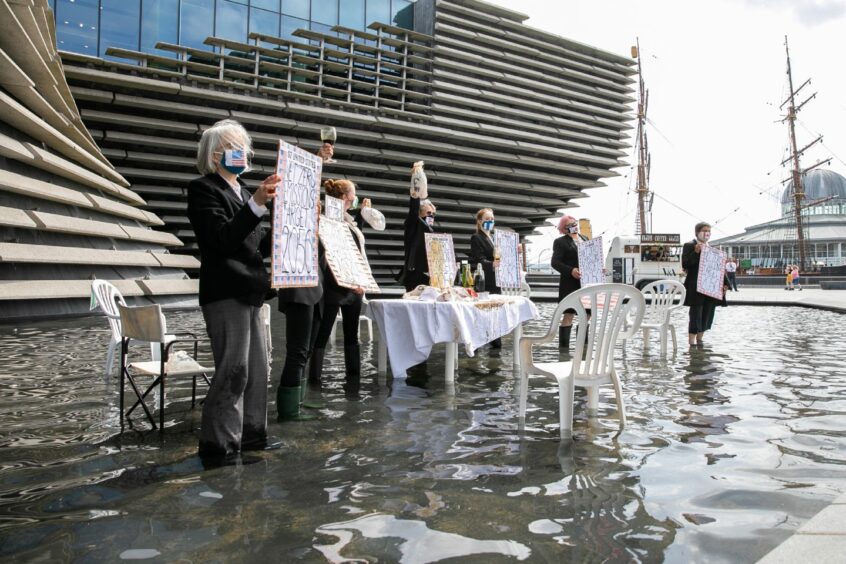
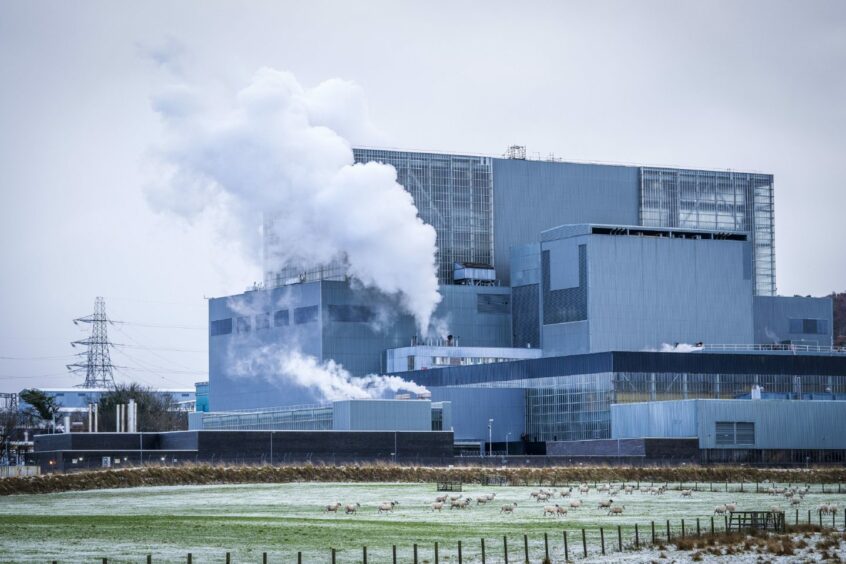
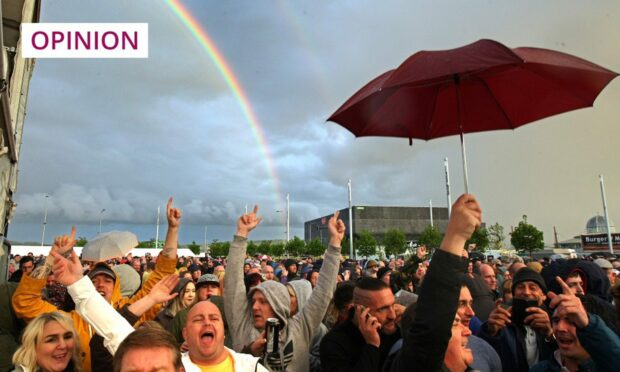
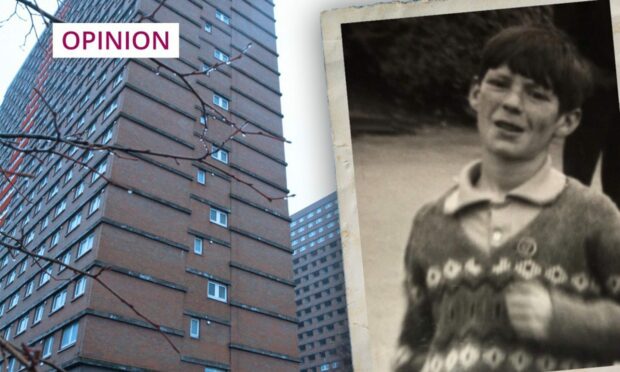

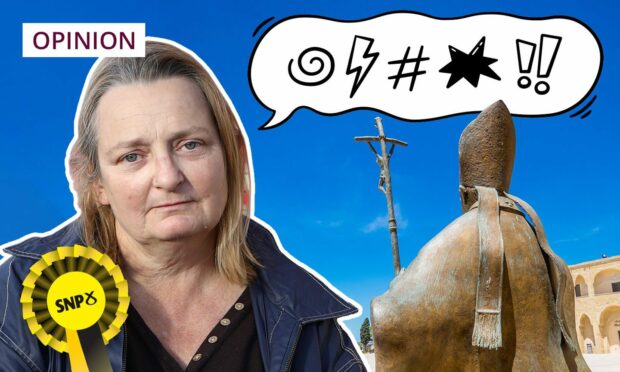
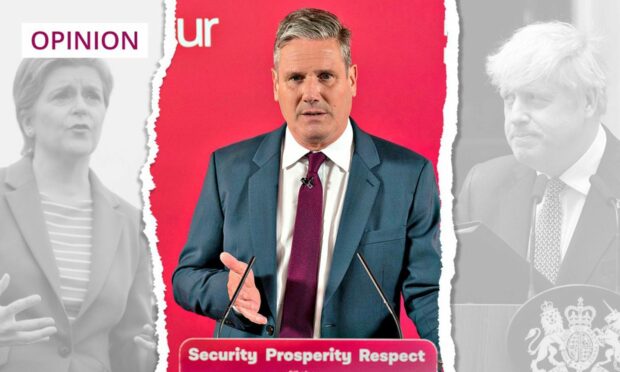










Conversation